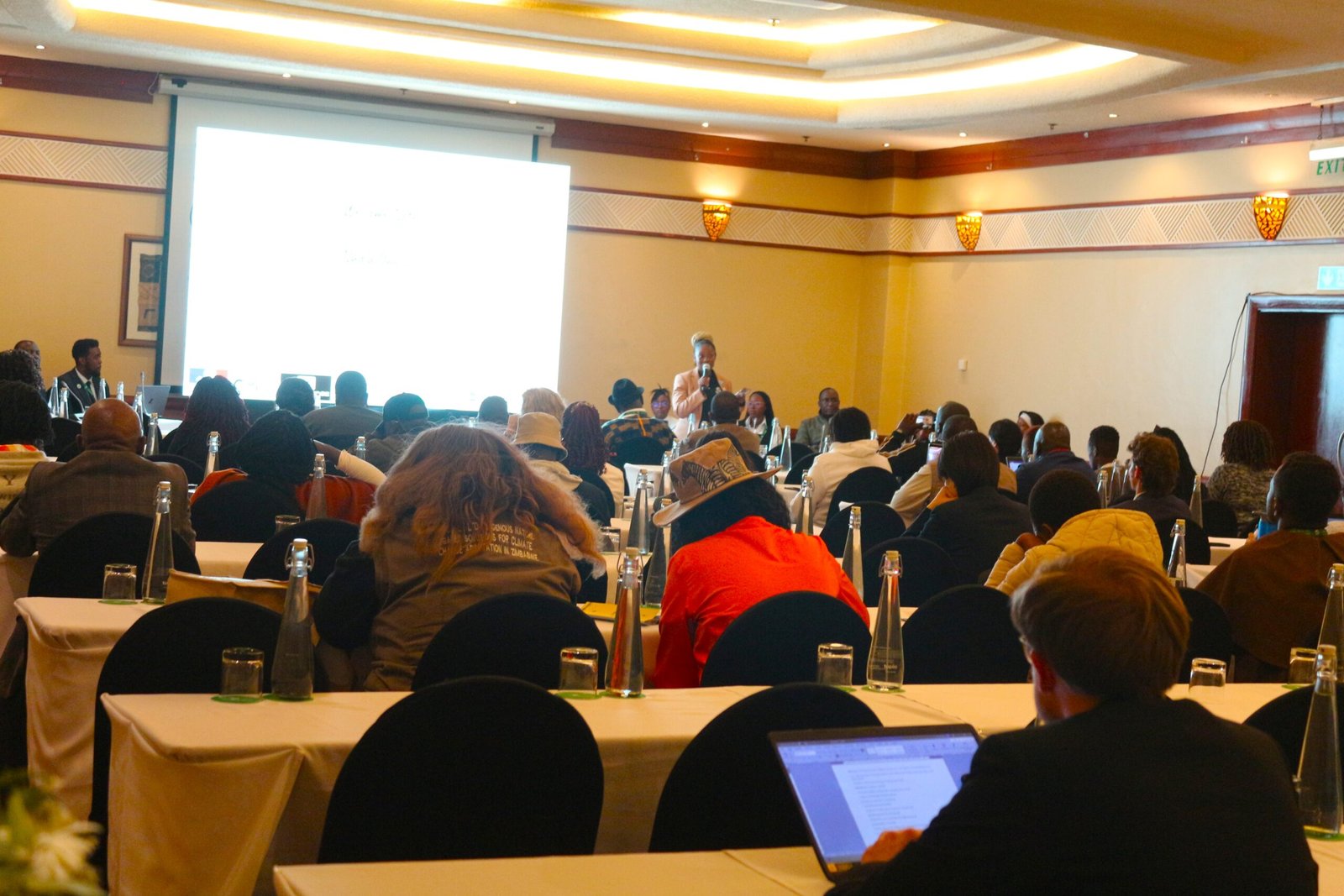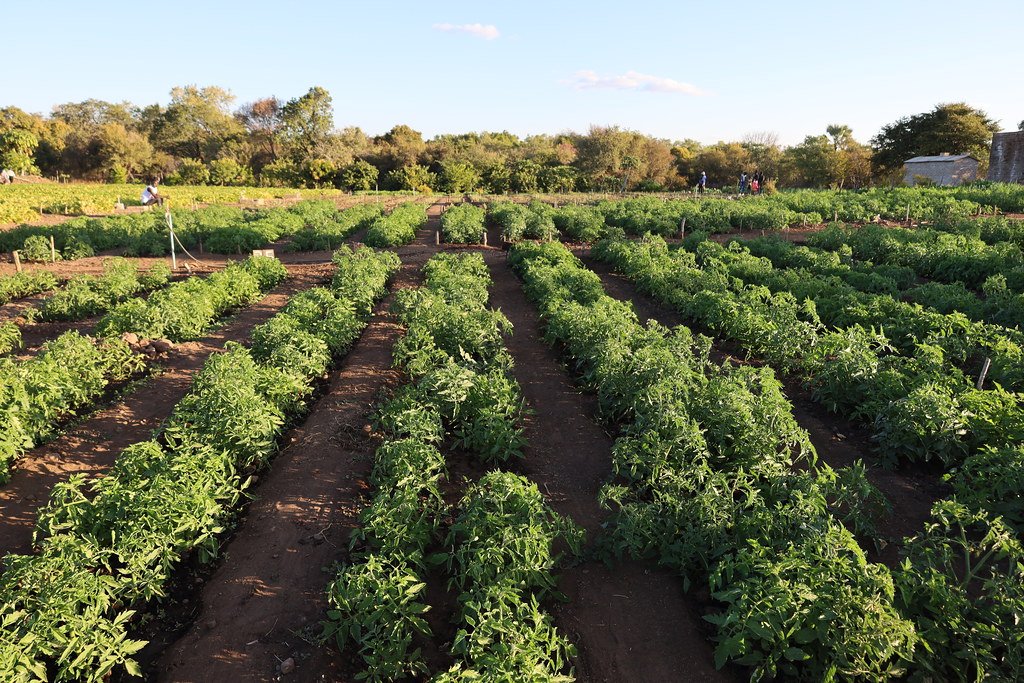Indigenous leadership in wetland conservation took centre stage at COP15 during a side event titled Listening to the Land, which underscored the value of traditional knowledge in restoring biodiversity and advancing climate justice.
Indigenous peoples have long been stewards of wetlands, protecting ecosystems, preserving biodiversity, and passing down ecological knowledge across generations. Their leadership has been instrumental in restoring and safeguarding wetlands in the face of climate disruption.
The session featured case studies and panel discussions that explored how Indigenous communities, particularly in Africa, are applying ecological knowledge to safeguard wetland ecosystems. The event also highlighted how traditional African ecological practices can complement modern science to protect and restore wetland ecosystems.
A case study presented by Glory Emmanuela Appiah illustrated how Indigenous ecological practices are actively shaping wetland restoration in Africa. Tafadzwa Kurotwi focused on the importance of funding and job creation in empowering youth to take active roles in wetland conservation. She also discussed innovative financing models, successful youth-led initiatives, and sustainable career pathways in restoration, research, education, and advocacy, stressing the need to equip young people not just with awareness, but with the tools to drive lasting impact.


